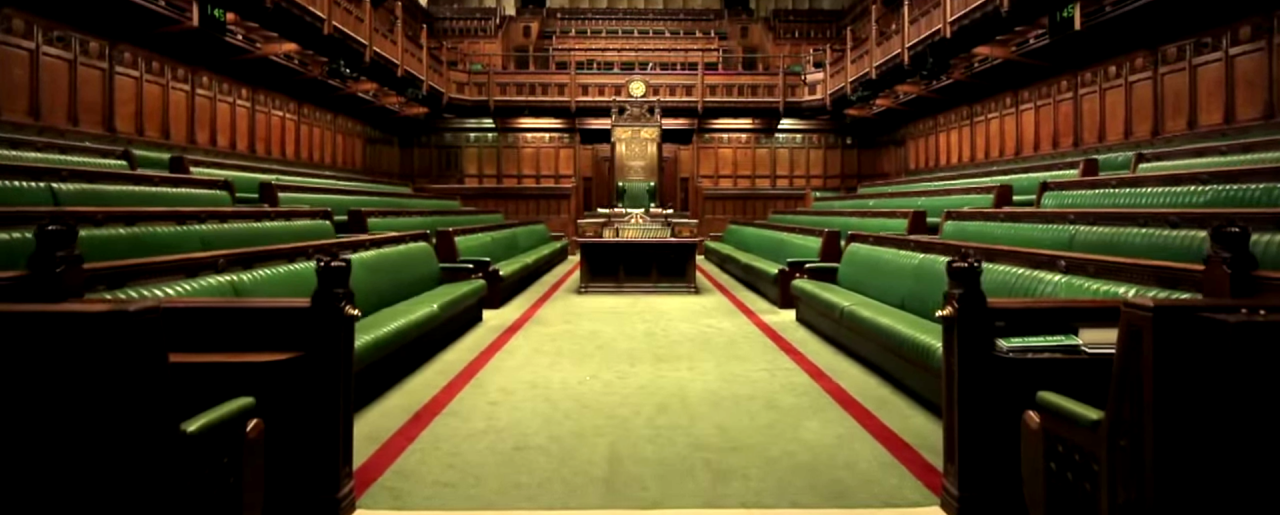This week the European Parliament sat, considering the coronavirus situation. As politicians should during a major crisis. But it didn’t involve people gathering.
To do so would obviously have been a very bad idea, with the risk both to parliamentarians and those they came in contact with of spreading the virus.
Instead it met virtually. MEPs voted by email.
On the same day (26 March), the UK Government was announcing a long-awaited, large rescue package for the self-employed.
But there was no parliamentary scrutiny of it, no chance for MPs and peers to ask questions of ministers, to dig into the detail and scrutinise what the government is doing, about protective equipment for medical and care staff, or the refusal to close down construction sites.
For Parliament, both the Commons and the Lords, rose early for the Easter recess the previous day, after the passing of the Coronavirus Emergency Bill.
We’re not due back until 21 April. As I said in the House on Wednesday (25 March), this means that for a quarter of the entire existence of the virus (thought to have crossed the species barrier at the end of December), the most crucial quarter, as the government takes massive steps and exercises new draconian powers reluctantly agreed this week, there will be almost no democratic oversight.
I say almost, because there has been one concession – Commons committees will continue to sit (operating remotely as the European Parliament did).
But why at this crucial time is the entire Parliament not doing the same?
It is not that MPs (and many peers) will not be working hard. I know from the example of Green MP Caroline Lucas that, understandably, constituents are flooding to her with their individual problems, and she and her staff are working very hard to solve them where they can.
But the public democratic conduit of Parliament, of questions and scrutiny, is missing.
To take just one example of how this works – I was contacted on Monday night (23 March) on social media by people concerned that elderly relatives were being told they had to leave protective isolation to get their car MOTed.
I asked in the Lords on Tuesday (24 March) the minister speaking for the government about the Coronavirus Emergency about the obvious need to change this. Now it was the health minister answering, so I didn’t expect an immediate response, but the next day I was able to congratulate the minister on the government’s action.
I’m not claiming cause and effect here, but it was the government being publicly questioned, scrutinised, and reacting to public concern. That’s how a democracy should work.
And it improves how the government does work. Responding to a suggestion from Lord Anderson of Ipswich, the government on Wednesday afternoon said that it would create a website showing simply which provisions of the Coronavirus Emergency Bill were switched on and off at any one time, and the reach of them across the UK.
The minister added that the further suggestion from the crossbench that the legal foundation for each power being newly exercised – such as the movement restrictions and entertainment venue closures – be simply set out was also being followed.
There’s evidence from previous epidemics that democracies have lower death rates than autocracies, and here’s a clue to one reason why. Decisions are best made by groups of people from different perspectives, pooling their knowledge, skills and experiences.
That’s how Parliament is, or should be – and despite the many ways in which our constitution is undemocratic, this is the best we currently have at a national level.
At the local level what we have is councils, and the Coronavirus Emergency Bill in fact acknowledged the importance of that democratic decision-making continuing with a provision to allow virtual meetings for them.
This is particularly important because the government has under the now Emergency Act been given sweeping new powers. It received backing from parties across the Houses, but it was backing given with great reluctance, with the stress again and again that powers should only be used when absolutely necessary and to the minimum necessary.
But practically, of course, we know that isn’t guaranteed. As Unlock Democracy has said, we must call out the overreach of emergency powers when we see it.
But without the mechanisms of Parliament, those call outs can be ignored. And other government mistakes and missteps cannot be called out, questions can be ignored.


